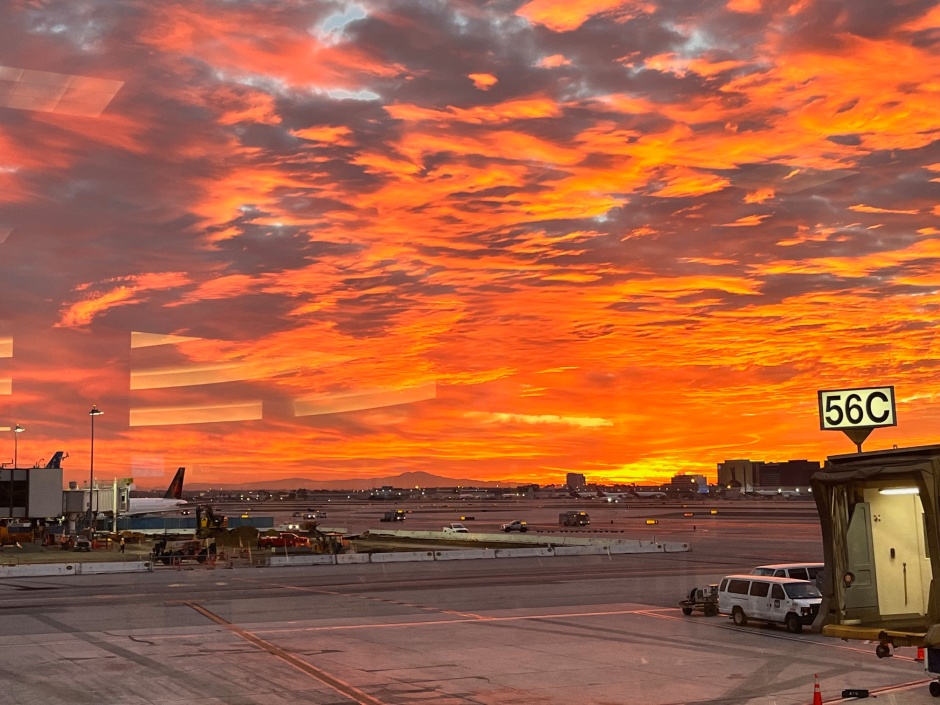“I wish I could come visit you, drink tea, and sit on your impossibly soft couch.”
The message came from a younger friend of mine, Sungyon, a couple of years ago. I met her while she was in graduate school doing brilliant research with robotics while I raised teenagers and young adults alongside trying to keep up with my job as a public health nurse. What differences we may have had in life stage didn’t matter as we shared cup after cup of tea along with heart stories. Our long conversations included the complexity of relationships with family and friends, faith journeys and struggles, and cross-cultural views on just about everything. We would curl up on this massive and impossibly soft couch that often seemed far too big for our city apartment but held so many dear memories that I couldn’t imagine getting rid of it.
Like so many in a university town, Sungyon ultimately defended her PhD thesis and moved on to a job in another area. The couch remained, silent witness to our conversations, to a friendship between two women at different stages of life who found joy and connection with each other.
There were other friendships forged on the couch – some that continue while others served a purpose for a time but because of distance, time, and our limited human capacity have entered the realm of memories. All the while, the couch grew softer with the accumulation of stories and memories.
Friendships weren’t the only thing that our impossibly soft couch witnessed. Indeed, much of life happened in that room. It was on that couch where we learned that our oldest daughter was pregnant, and we would be first time grandparents. I was curled up on the couch when I learned that there was an uprising in Egypt. Other happenings that don’t belong in blogs entered our lives by way of the couch, but they were made easier by the soft comfort of a familiar space.
Through all of the ups and downs of that particular season of life, the couch remained, sometimes changing location in the room but never forfeiting its comfort.
We’d sometimes talk about how much we wanted a sleek leather couch. One that had no cat fur on it. One that was smaller and more expensive, that told a story of success and sophistication. Basically, a couch that was the opposite of our messy lives. We would talk, but it seemed an unnecessary indulgence.
When we left for the Kurdish Region of Iraq in 2018, we left the couch behind. In truth, this was only one of many things we left behind. There was much to mourn and say goodbye to: a faith community that had taken a long time to enter, jobs that offered amazing benefits, purpose, and salaries, most of all family and friends that would be oceans away. With all those other losses, losses that had faces and names, we couldn’t even think about the couch.
An unexpected move back a year later saw us in a fancy furniture store shopping for a couch, and we did it! We finally bought the sleek, chic, sophisticated leather couch. It was beautiful – exactly as we imagined it would be. Gloriously different than we are. We tipped the movers well on the day they moved it into our little, red city house. It found its place and settled in.
But oh, how I miss the crazy, impossibly soft couch. I miss the way I curled up in it and it enfolded me with cushiony comfort. I miss the conversations and cups of tea. I miss the forsythia bush I could see reaching its branches toward the windows. I miss the cats that curled up on its broad arms. I miss the kids that came home from college and graduate school all over the world to have a taste of home. I miss the friendships that were forged and the laughter that was shared.
I miss that impossibly soft couch because I miss the season that it represents.
This weekend, a friend visited us; one who had never experienced our old Cambridge apartment or the comfort of our incredibly soft couch. Instead, she sat on the beautiful leather couch, curled up with a blanket and a couple of soft pillows behind her. We talked, drank tea, and nothing else in the world mattered. And it was both good and right. The couch offered space and comfort, becoming a silent witness to a growing friendship and creating new memories.
This new couch will never be impossibly soft, and perhaps I’ve learned something about what I really want instead of what I think I want. But it can still be a memory maker, becoming softer and more precious from the moments shared and the people that enter and exit our lives.





















